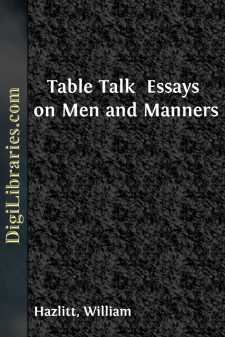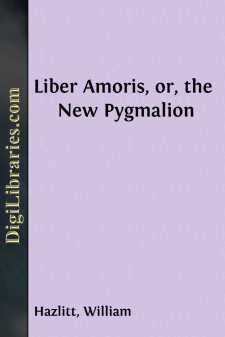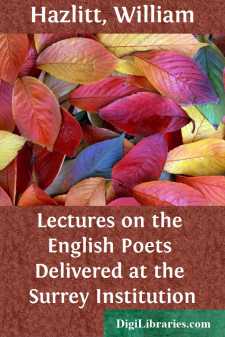Categories
- Antiques & Collectibles 13
- Architecture 36
- Art 48
- Bibles 22
- Biography & Autobiography 815
- Body, Mind & Spirit 144
- Business & Economics 28
- Children's Books 18
- Children's Fiction 14
- Computers 4
- Cooking 94
- Crafts & Hobbies 4
- Drama 346
- Education 58
- Family & Relationships 59
- Fiction 11833
- Games 19
- Gardening 17
- Health & Fitness 34
- History 1378
- House & Home 1
- Humor 147
- Juvenile Fiction 1873
- Juvenile Nonfiction 202
- Language Arts & Disciplines 89
- Law 16
- Literary Collections 686
- Literary Criticism 179
- Mathematics 13
- Medical 41
- Music 40
- Nature 179
- Non-Classifiable 1768
- Performing Arts 7
- Periodicals 1453
- Philosophy 65
- Photography 2
- Poetry 896
- Political Science 203
- Psychology 44
- Reference 154
- Religion 515
- Science 126
- Self-Help 85
- Social Science 82
- Sports & Recreation 34
- Study Aids 3
- Technology & Engineering 59
- Transportation 23
- Travel 463
- True Crime 29
Our website is made possible by displaying online advertisements to our visitors.
Please consider supporting us by disabling your ad blocker.
Table Talk Essays on Men and Manners
by: William Hazlitt
Categories:
Description:
Excerpt
ESSAY I. ON THE PLEASURE OF PAINTING
'There is a pleasure in painting which none but painters know.' In writing, you have to contend with the world; in painting, you have only to carry on a friendly strife with Nature. You sit down to your task, and are happy. From the moment that you take up the pencil, and look Nature in the face, you are at peace with your own heart. No angry passions rise to disturb the silent progress of the work, to shake the hand, or dim the brow: no irritable humours are set afloat: you have no absurd opinions to combat, no point to strain, no adversary to crush, no fool to annoy—you are actuated by fear or favour to no man. There is 'no juggling here,' no sophistry, no intrigue, no tampering with the evidence, no attempt to make black white, or white black: but you resign yourself into the hands of a greater power, that of Nature, with the simplicity of a child, and the devotion of an enthusiast—'study with joy her manner, and with rapture taste her style.' The mind is calm, and full at the same time. The hand and eye are equally employed. In tracing the commonest object, a plant or the stump of a tree, you learn something every moment. You perceive unexpected differences, and discover likenesses where you looked for no such thing. You try to set down what you see—find out your error, and correct it. You need not play tricks, or purposely mistake: with all your pains, you are still far short of the mark. Patience grows out of the endless pursuit, and turns it into a luxury. A streak in a flower, a wrinkle in a leaf, a tinge in a cloud, a stain in an old wall or ruin grey, are seized with avidity as the spolia opima of this sort of mental warfare, and furnish out labour for another half-day. The hours pass away untold, without chagrin, and without weariness; nor would you ever wish to pass them otherwise. Innocence is joined with industry, pleasure with business; and the mind is satisfied, though it is not engaged in thinking or in doing any mischief.(1)
I have not much pleasure in writing these Essays, or in reading them afterwards; though I own I now and then meet with a phrase that I like, or a thought that strikes me as a true one. But after I begin them, I am only anxious to get to the end of them, which I am not sure I shall do, for I seldom see my way a page or even a sentence beforehand; and when I have as by a miracle escaped, I trouble myself little more about them. I sometimes have to write them twice over: then it is necessary to read the proof, to prevent mistakes by the printer; so that by the time they appear in a tangible shape, and one can con them over with a conscious, sidelong glance to the public approbation, they have lost their gloss and relish, and become 'more tedious than a twice-told tale.' For a person to read his own works over with any great delight, he ought first to forget that he ever wrote them. Familiarity naturally breeds contempt. It is, in fact, like poring fondly over a piece of blank paper; from repetition, the words convey no distinct meaning to the mind—are mere idle sounds, except that our vanity claims an interest and property in them....






